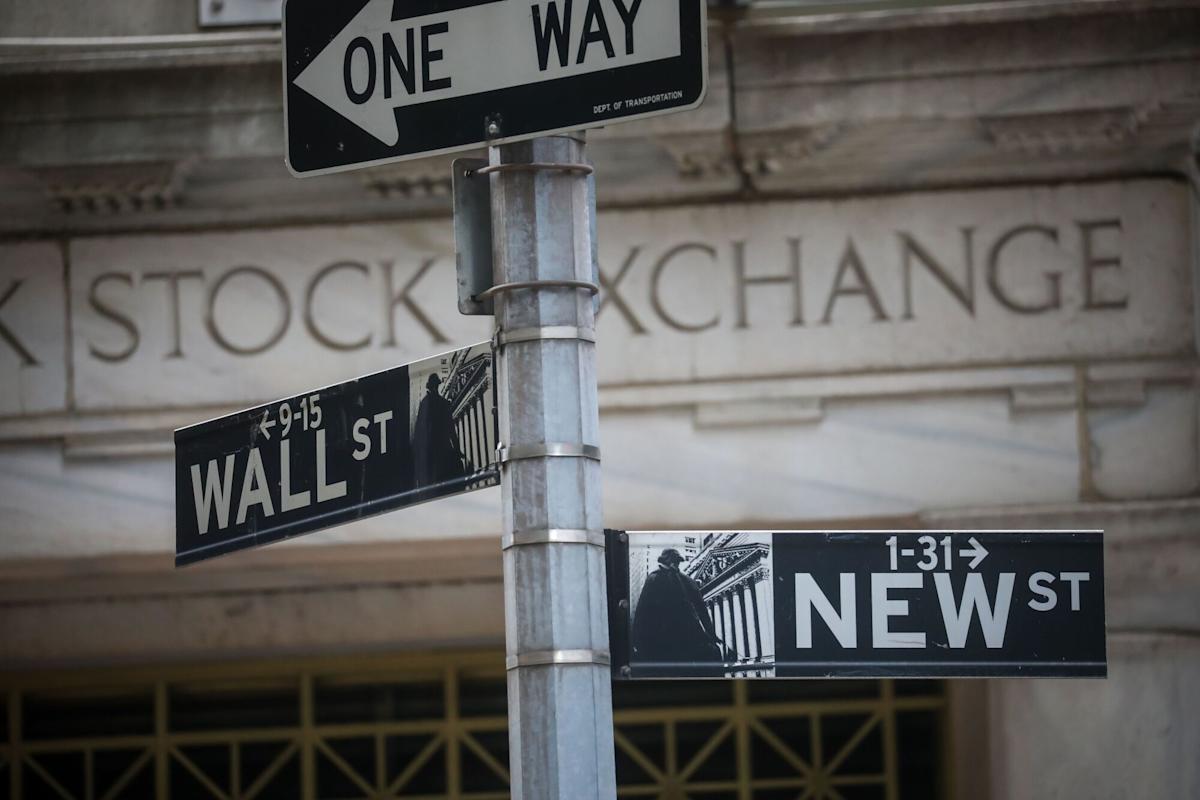(Bloomberg) — Buried deep in the more than 1,000-page tax-and-spending bill that President Donald Trump is muscling through Congress is an obscure tax measure that’s setting off alarms on Wall Street and beyond.
Most Read from Bloomberg
The item — introduced in legislation that passed the House last week as Section 899 and titled “Enforcement of Remedies Against Unfair Foreign Taxes” — calls for, among other things, increasing tax rates for individuals and companies from countries whose tax policies the US deems “discriminatory.” This includes raising tax rates on passive income, such as interest and dividends, earned by investors who are potentially sitting on trillions in American assets.
Cloaked in technicalities, the implication of the “revenge” measure, as it’s quickly becoming known, is clear to analysts: If signed into law, it would further drive away foreign investors at a time when their once ironclad confidence in Treasury bonds and other US assets has already been shaken by Trump’s erratic trade policies and the nation’s deteriorating fiscal accounts.
“We’re already dealing with a market where Treasuries, to foreign investors, probably aren’t the most attractive investment,” said Michael Brown, a strategist at Pepperstone Group, a brokerage firm founded in Melbourne whose clients are all outside the US. Brown said he got so many inquiries from concerned clients that he quickly cobbled together a report breaking down the measure. “If you’re now talking about massively unfavorable tax treatment, then it’s just another reason to stay away.”
Among those potentially affected: institutional investors including sovereign wealth funds, pension funds and even government entities, as well as retail investors and businesses with US assets.
The proposed tax is separate from Trump’s tariff-heavy trade agenda, which is now snarled in court, but the thrust is the same, and its aims align with some of the goals set forth by the economist Stephen Miran in a paper last November and those seeking a so-called Mar-a-Lago global restructuring accord. All seek to address perceived unfair treatment of the US by the rest of the world using targeted tools designed to put the country on a more even footing. But after years of foreign investors piling into US assets, experts fear the consequences of Section 899 may be far-reaching.
